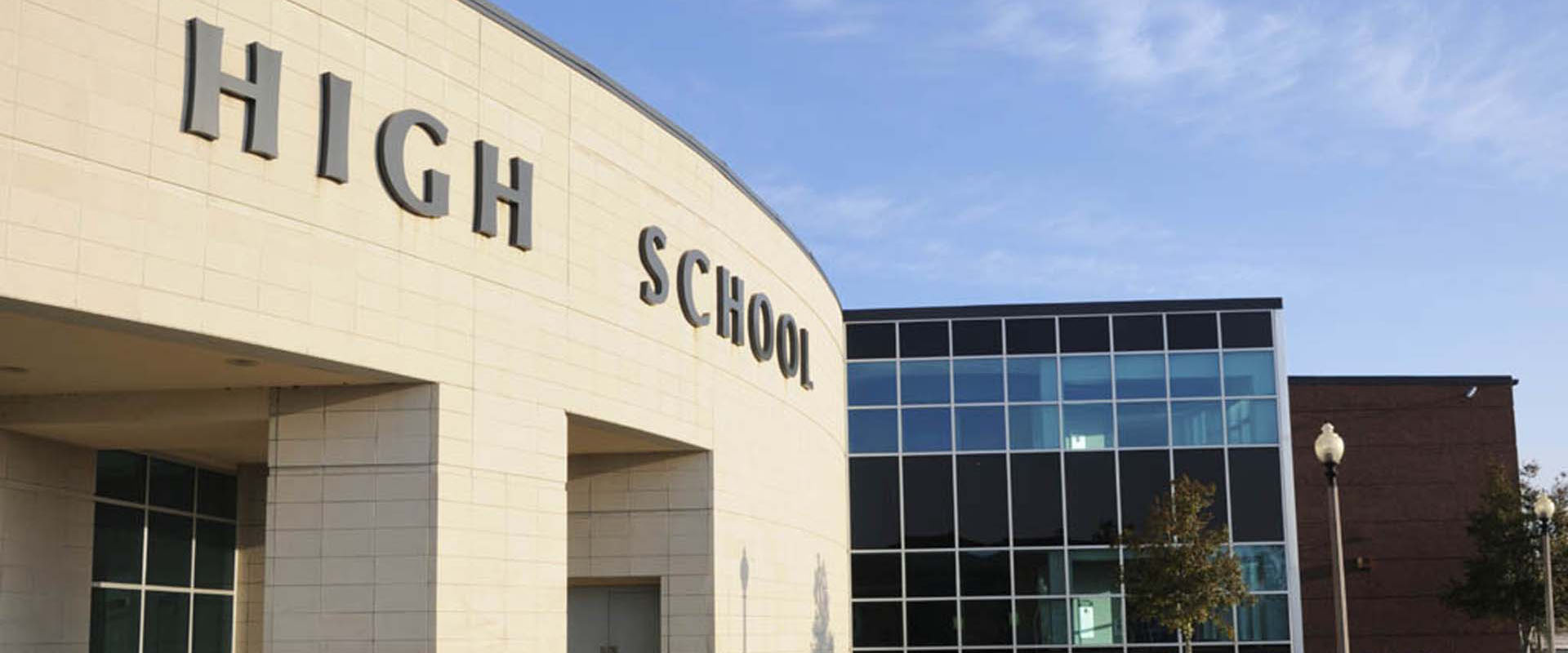Election Season 2012: Legal Guidelines For Political Activity On Public Property

Number 46
Election season 2012 is in full swing as campaigns gear up for November elections. Campaign activity often raises issues for cities, school districts and other public agencies related to the proper use of public facilities, equipment, and staff time. Several laws prohibit use of public resources to urge the support or defeat of a candidate for elected office or a ballot measure. (Gov. Code § 8314; Ed. Code § 7054.) At the same time, it is important to respect the rights of employees and community members to express themselves on political matters. The following is a summary of general guidelines for local government agencies in California to ensure that the agency, its employees, and community members do not run afoul of the applicable rules.
More details and additional guidelines on election rules will be discussed during Lozano Smith's free webinar on Tuesday, September 18, 2012 at 10:00 a.m.
What is allowed?
- Community members and employees may request the use of meeting rooms to hold meetings, forums, and debates of a political nature. If a debate, such as a candidates' night, is requested, an agency may grant the request subject to reasonable restrictions on time, place, and manner so long as a candidates' forum is available to all candidates on an equitable basis.
- Community members and employees may encourage people to register to vote for an election.
- Employees may solicit or receive political contributions for candidates and ballot measures outside of work hours and outside of instructional settings.
- Employees may wear political campaign buttons outside of school instructional settings.
- Employees may forward unsolicited political mail and materials to appropriate election campaign offices.
- Employees may engage in political discussions and activities on non-work time.
What is not allowed?
- Community members and employees may not post or distribute materials on public property that advocate for or against a ballot measure or a candidate, including a candidate for the governing board, unless the government agency's policy allows political messages to be posted in a particular forum, such as a bulletin board, on an equitable basis.
- Employees may not conduct political campaign activity during work hours or in an instructional setting.
- Employees may not use work time to urge voters to register in order to vote for or against a particular ballot measure or a candidate, including a candidate for the governing board or city council.
- Employees may not solicit or receive political contributions during work hours or in instructional settings.
- Community members and employees may not use government funds, equipment (phone, computer, copy machine, etc.) services, staff time, email systems, or mailboxes for political campaign activity, even if the government agency is reimbursed.
- Employees and elected officers may not use the authority of an office or employment to encourage or discourage political activity by any other employee.
- Employees may not use students to write, address, or distribute campaign materials, or permit student campaign activity during instructional time.
The law provides for civil fines and criminal penalties for violation of these rules, while also prohibiting public agencies from discouraging political activity that complies with the laws on proper uses of public resources. Therefore, it is important to strike the right balance between allowing free expression and prohibiting illegal use of public resources.
This news brief is intended to provide general information on common election-related situations. For more detailed information on election issues, please feel free to contact one of our eight offices located statewide or register for our webinar. You can also visit our website or follow Lozano Smith on Facebook.
As the information contained herein is necessarily general, its application to a particular set of facts and circumstances may vary. For this reason, this News Brief does not constitute legal advice. We recommend that you consult with your counsel prior to acting on the information contained herein.






